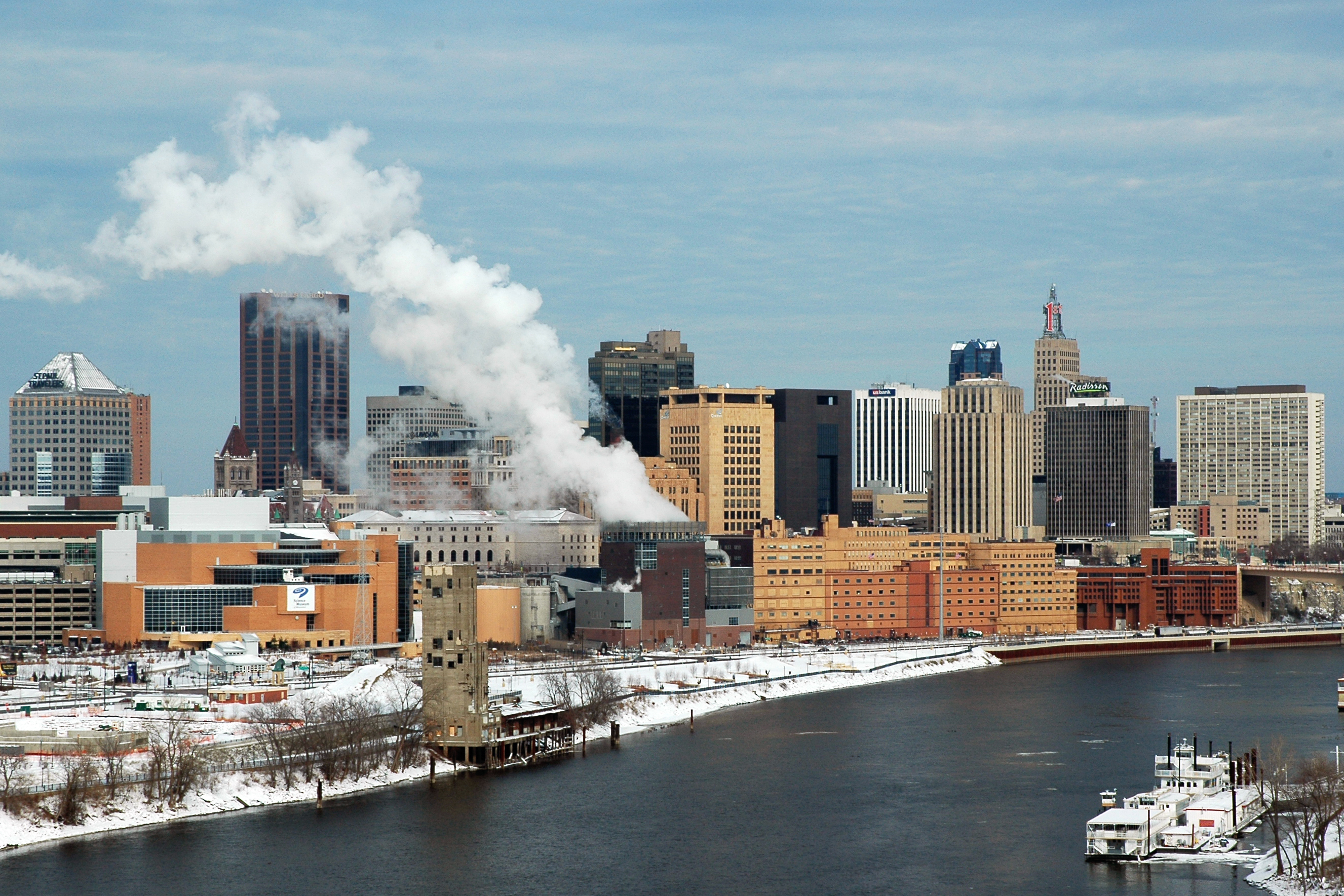But hold on, buckaroos, because that's not the whole story. Have you ever wondered where the word Hallowen comes from? Or, I suppose Hallowe'en? It's a shortened form of All Hallows Eve.
Think of those words. You know what the word 'all' means, I assume. But what of the other two? You know what the word 'Eve' means, too. Christmas Eve is what? The day after Christmas? And then that leaves 'Hallows.' As in 'Our Father, who art in heaven, Hallowed be thy name.' Hallowed. Be holy. Halloween is the day before all Hallows day, or all Saints day.
What is all saints day? It's the day that we commemorate all the saints. Now, that doesn't mean that you're going to go through all the saints in obscure calendars, like Saint Rumbold, or Saint Longinus. What it does mean, though, is that we end up focusing mainly on the saints that we know, and know well. we focus on the saints whose lives matter to us, and who have touched us in tangible ways.
If you've never seen it, the movie 'Millions' is probably the best example of this. Because it's the best movie ever. It is the absolute best of all films that has ever been released, according to me. Gets me right in the feels every time. It's sweet without being horrible. Anyhow, the story gets as close as I can recall to working out the Lutheran conception of sainthood, with saints being justified sinners, whose greatest works were accomplishing their vocations in their world. And now I just watched the trailer. And my eyes got sweaty again.
But yes, back to the topic at hand. If you read through the words of Jesus carefully, if you think about what he says, and deal with his message, he's not all about world peace and solving world hunger and that sort of thing. He's about you living in peace with your family, you feeding those whom you can, and so on. Think global, act local. Most of us are paralyzed by the idea that we should have this world of ours be perfect, but if we end up thinking about the global situation, then we can relax, and let the governments of the world look after feeding the poor and restoring peace. But that's not your calling as Christians. Your calling is to look after what you can look after. Want the world to be more peaceful? Be peaceable with your neighbors and family. Want the world to be fed? feed the people you see.
And our discussion of saints, all the saints, is going to end up as us thinking about the big saints, yes, but also about those whom Jesus has sanctified. Because that's what a saint is, you know. not someone who has lived an exemplary life, someone who has lived without sin, someone who has kept themselves unstained by the world, but someone who Jesus has sanctified with his blood and made holy. Someone whom Jesus has saved.
This is what it means to be a saint, not to be perfect. Being a saint isn't something for a select group of pople who have been perfect, and you can tell that from the Bible. The great thing about the people you find in the Bible is that they aren't whitewashed. They aren't presented to us as being perfect, which is such great news for us. Think about any saint you want, and you'll find some skeletons in their closets. St. Paul, one of the best known saints, referred to himself as the chief of sinners, lamented at great length his inability to do what he wanted to do, talked about his struggles in his faith, and about what a dreadful person he was.
And he's a saint.
 |
| Wrong Saint Paul. |
But this is the reality of who we are and what we do. This is the reality of being a human being in the world, this side of heaven, is that we're all sinners. We all do things wrong, we all disappoint God in our behavior, in our closed attitude towards him and each other. We all do awful things, we are all neglectful of him and our worship and devotional time. But this is where our sanctity comes in. The more you learn about the saints the more you will realize that they're not holy because they lived super duper well, because they didn't. They denied Christ, killed Christians, sought glory, doubted their faith, all the stuff that you and I do frequently. But this is what it means to be a saint, it means that you are a sinner who has been forgiven. Not that you are good, or great, or even passable, but you are forgiven.
When All Saints day rolls around, this is when we get to thinking about the work that Christ does. Think about the saints not as you have conceived them, but rather as the Bible discusses them. Think of them in the terms that Revelation uses. 'A great multitude that no one could number from all tribes and peoples and languages, standing before the throne and before the Lamb, clothed in white robes and holding palm branches in their hands.' It's not a select club. It's the people of God. Holy because Christ makes them holy. Righteous because Christ makes them righteous. Heaven-bound because Christ brings them to heaven.

No comments:
Post a Comment